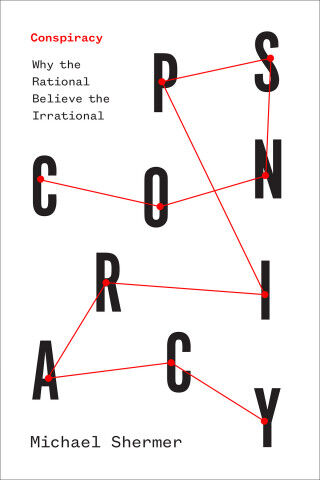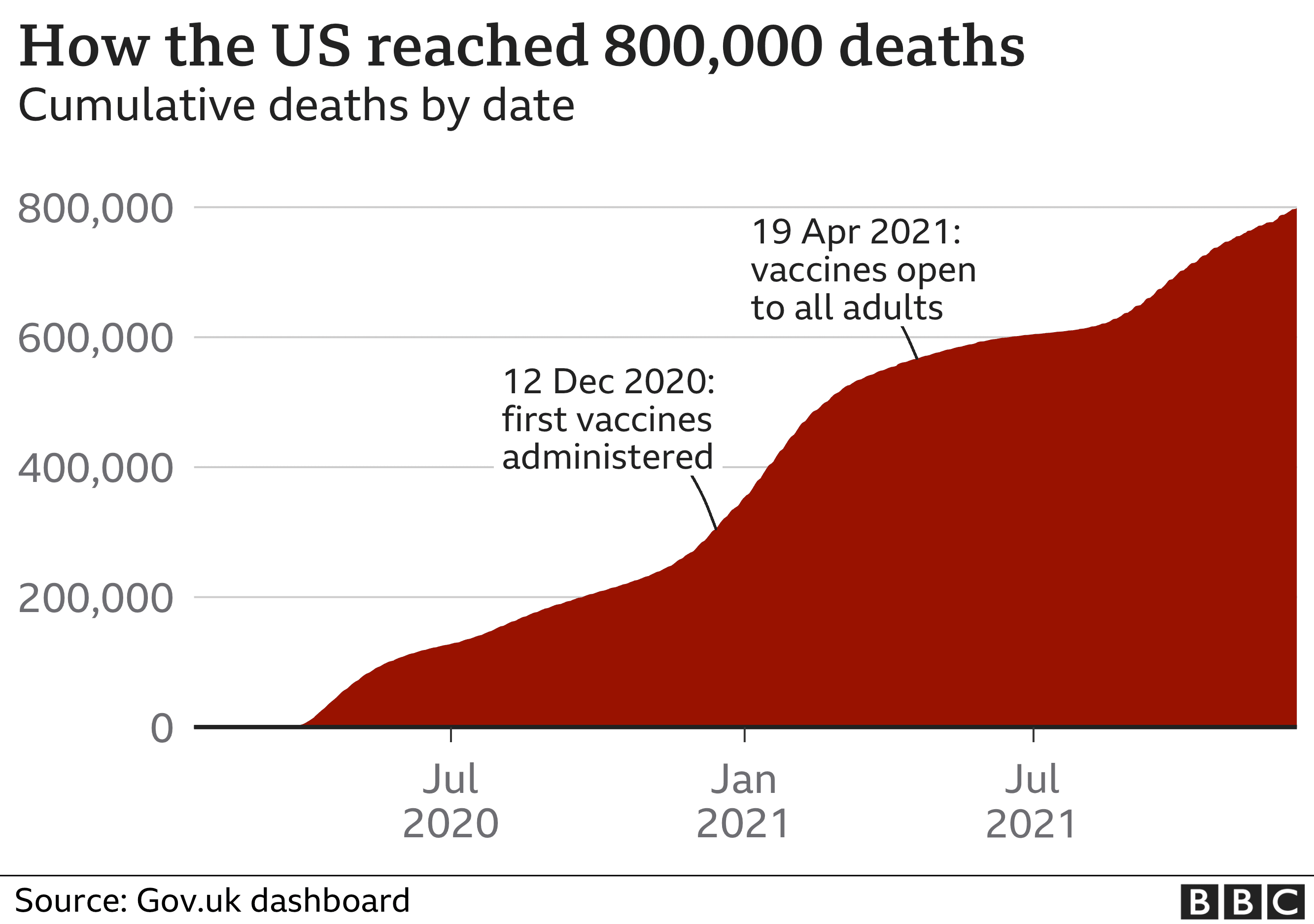More Texas teachers on verge of quitting than at any time in the last 40 years, survey finds


More Texas teachers are considering leaving the profession than at any point in the last 40 years, according to new polling from the Texas State Teachers Assocation.
The survey found that 70 percent of teachers were seriously considering quitting this year, a substantial jump from the 53 percent who said so in 2018, the last time the typically biennial survey was conducted. Teachers attributed their grim outlook to pandemic-related stress, political pressure from state lawmakers, less support from parents and stretched finances.
The survey represented all grade levels and regions of the states. It was skipped in 2020 amid of the pandemic.
Like much of the nation, Texas is already grappling with a massive shortage of teachers. Earlier this year, Gov. Greg Abbott convened a task force within the Texas Education Agency to study the problem and craft solutions. But as the school year fast approaches, there remain thousands of unfilled teaching jobs across the state, and the problem could only get worse if more and more teachers leave the profession.
In the survey, which was completed by 688 Texas teachers, 94 percent said the pandemic increased their professional stress, and 82 percent said financial stress was exacerbated. Experts have pointed to better pay as a key way to recruit and retain teachers. Respondents taught for about 16 years on average, and their average salary was around $59,000. That’s about $7,000 below the national trend, according to the teachers association.
Besides salary, Texas teachers on average also receive some of the worst retirement benefits of those in any state, a separate study from June found. Teachers who have retired since 2004 have not received a cost-of-living adjustment, although the Legislature has routinely passed “13th check” bills that send extra annuity payments.
In addition to pay, 85 percent said they felt state lawmakers held a negative view of teachers, 65 percent said the public held a negative view and 70 percent said support from parents had decreased over the last several years.
Abbott and fellow Republicans in the Texas Legislature have recently enacted several high-profile education policies, over opposition from teachers groups and education experts.
Last year, the Legislature placed restrictions on social studies curriculum, prohibiting certain discussions about racism. Abbott banned school districts from instituting mask mandates last fall, as COVID-19 cases surged. And schools are now facing calls for censorship of books that include discussions about race, gender or sexual orientation.
“For political reasons, Gov. Abbott has been trying to drive a wedge between parents and teachers, and this has definitely hurt teachers and hurt their students as well. It threatens the future of public education in Texas,” wrote TSTA President Ovidia Molina.
“Many of these teachers will be missing from our classrooms this fall, and for others, it is only a matter of time.”
Abbott has defended the measures as a way to depoliticize education and restore power to families about what their children do and don’t learn. He has recently called for “Parental Bill of Rights” legislation to give parents even more control, as conservatives criticize the public school system as too progressive.
“Many parents are growing increasingly powerless about what to do to regain that control. That must end,” Abbott has said. “No government program can replace the role that parents play in the education of their children.”
edward.mckinley@chron.com












